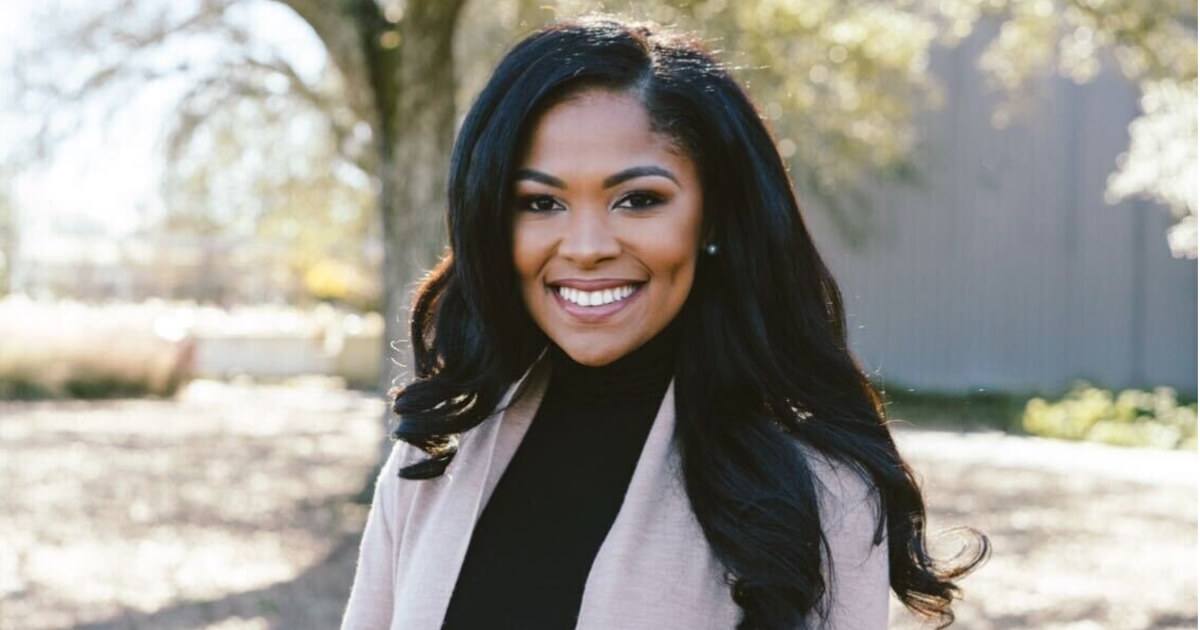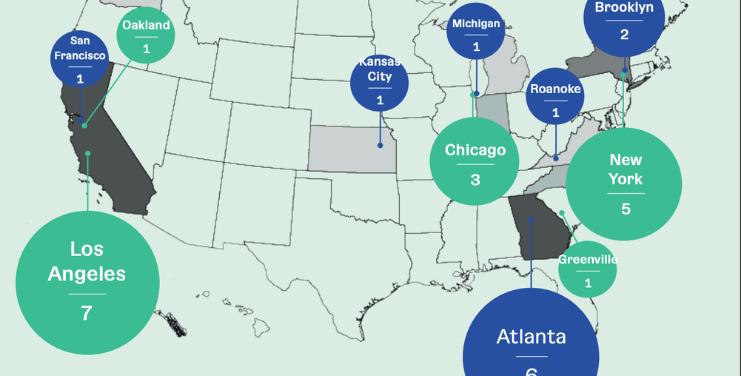Sevetri Wilson, founder, and CEO of Resilia, a New Orleans-based company that helps nonprofits increase capacity and operational success by utilizing technology, laid out the impact racial injustice has had on funders‚ priorities and what those priorities might look like in 2021.
2020 was a reckoning for philanthropy and a reckoning for funders, and particularly eye-opener for how they are distributing money and who that money is going to, Wilson said during a virtual session for The Valdry Center for Philanthropy. According to the National Council of Nonprofits, before the coronavirus pandemic hit, the U.S. nonprofit workforce comprised 12.3 million employees. 930,000 of these workers lost their jobs because of the pandemic, 51,000 of those in December of 2020 alone. Job loss in the sector is expected to continue this year. Yet, nonprofits often assist policymakers in their community relief efforts. The pandemic has led to heightened demand for domestic violence resources, homeless services and food banks.
Wilson believes there are key ways congressional leaders can support American nonprofits, which are estimated to receive 65% of their revenue from government contracts. Congressional support may come in the form of grants, forgivable loans, and refundable tax credits for all nonprofits. Also, strengthened charitable giving incentives for donors without limits on how much money can be given and full unemployment benefits for laid-off nonprofit workers. Additionally, dispersing aid to state and local government nonprofits can bolster the sector. Philanthropic organizations are also changing how they address wealth hoarding. Typically, major charitable organizations give away about 5% of their assets every year, the minimum legal requirement for organizations that are tax exempt. More than 100,000 private foundations have amassed nearly $1 trillion in endowments in the U.S.
For instance, the Ford Foundation, one of the oldest charitable organizations in the U.S. typically gives around $350 million annually. Last year the organization announced it would borrow $1 billion as a way to significantly increase the amount of money it deploys. Thus, going into debt by borrowing money but avoiding depleting its endowment. They plan to raise the money by issuing a combination of 30 to 50-year bonds, a financial tactic that’s uncommon in the nonprofit sector. Wilson anticipates that barriers to obtaining capital will be further addressed in 2021.
According to a May 2020 report published by Echoing Green, there are four key barriers for leaders of color: getting connected, building rapport, securing support and sustaining relationships.2020 made funders reevaluate how they look at proposals, data and information, how they look at reporting, and question what they’ve gotten wrong, Wilson said. Wilson also highlighted microaggressions and racial biases as a roadblock to accessing funding. A study by the Stanford Social Innovation Review found that funders trust people of color, less to decide how to best use their money than they do white people. As a result, nonprofit organizations led by people of color receive less money than those led by whites, reinforcing the social problem many seek to address.
If there was ever a time to challenge the way philanthropy is giving, it’s now, Wilson said. Dramatically expanding the pipeline of initiatives these organizations consider and broadening the ways they define using their philanthropy for social change are ways to make nonprofit funding more inclusive. Philanthropists might also seek out initiatives led by people of color and track their support for leaders of color and from varied educational backgrounds. Wilson believes that social and racial injustice is changing philanthropy. We definitely know that with the murders of George Floyd and Breonna Taylor, we saw a shift happen, she said. Wilson mentioned the multi-million-dollar pledges that banks like SoftBank, J.P. Morgan, Citibank, and many others made last year to increase financial support of Black founders. According to Wilson, while it is not yet known the impact these will have in communities, there is evidence that companies are moving away from business as usual and are now reimagining the process of partnering with and supporting Black-led organizations to a new transformational path.
The conversation among funders has also changed, according to Wilson, to one that acknowledges the many barriers that keep organizations led by people of color from pursuing funding opportunities, from the data required by funders to the lengthiness of the application process. The change comes by moving from deploying money as charity to distributing money as a form of restorative justice. Right now is probably the best time to get in front of leaders in the philanthropic space because they have all of this on their mind and they’re trying to figure out what is the best way forward Wilson said. How do we push philanthropy in a way that brings about social change and how do we address the inequities that have historically plagued philanthropy and have kept marginalized people in the same position.
Going beyond just reinvesting in black communities but also investing in Black and Brown-led organizations actually furthers the mission of restorative justice actually furthers the mission of helping restore communities of color, Wilson said. Wilson advised nonprofits to position themselves for success by continuing to focus on cultivating relationships with donors and partnerships, always being prepared for questions from funders, strengthening the case for support proposals and embracing a virtual world of fundraising and networking. Staying persistent and consistent is your biggest attribute, Wilson said. Ensure you have your digital house in order. And that’s definitely something that should always be the case but every quarter or every half a year, definitely do a pulse check there.








